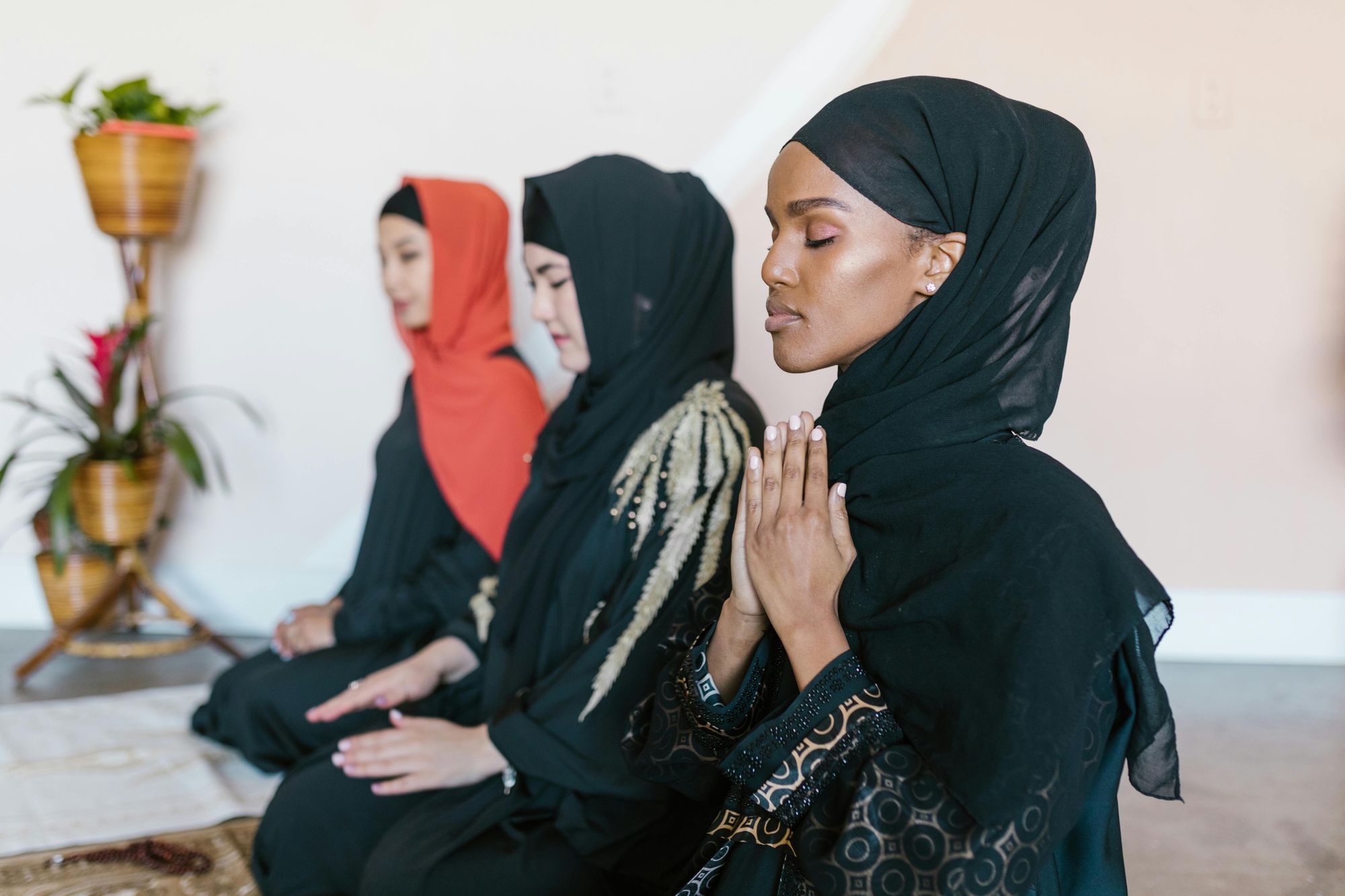HR Guidelines for Ramadan in the Workplace
Reading Time:
Reading Time:

In 2024, Ramadan in the UK is expected to begin on Monday 11 March and end on Friday 10 April (subject to moon sightings). Those observing the holy month will fast for 30 days and take part in religious practices.
Many working Muslims will fast from sunrise to sunset every day, meaning they are not allowed to eat or drink for 17 hours for 30 days.
Although fasting is usually associated primarily with Ramadan, the month involves much more than just abstaining from food and drink. Eating the first meal at sunset, additional prayers, late nights and an increased emphasis on patience and virtue are part of the holy month.
HR managers, supervisors and other stakeholders need to be aware of the personal and religious sensitivities of their Muslim employees during this time.
Understanding their experiences and addressing their unique needs demonstrates good management and helps employees perform at their best. Implementing measures that address these needs can only lead to building mutual trust, ultimately leading to higher employee retention, better morale, more effective teams and higher productivity.
Muslims overall have specific religious boundaries; Ramadan is a time when many of these boundaries are tightened.
Although consultation is always key when creating policies, there are some best practice guidelines that human resources managers and others can follow when considering Ramadan in the workplace.
This article makes some suggestions, but their relevance depends on understanding your workforce, whether it has 1,000 Muslims or just one Muslim.
It cannot be emphasized enough that these are very general guidelines. Muslims differ from generation to generation, from culture to culture, some are more religious than others, and there are numerous interpretations and practices of the faith.
It may also be the case that a person is Muslim in name only and chooses not to practice their religion. The information discussed here applies to the majority of Muslims, but not to all.
The word "Ramadan" simply refers to the name of a month, the ninth month of the Islamic calendar. This month is considered the holiest of the twelve months as the Prophet Muhammad received the first divine revelation during Ramadan.
In short, it is considered the month of the year to devote oneself to God.
The Islamic calendar is calculated according to the lunar cycle. Ramadan therefore begins when there is a new moon. As a result, the start and end times change from year to year, typically moving forward by 10 days each year.
Currently in the UK, Ramadan takes place in spring, so the days are slightly longer; However, in some years, Muslims in Britain will fast for much shorter days during the winter.
The basic requirement is that all Muslims fast from sunrise to sunset. Fasting means that no food, water, smoking, chewing gum or anything else is allowed to pass the lips.
In addition to the physical things that can break the fast, there are also actions that are considered unacceptable during the fast, such as: telling a lie, slander, denunciation behind another's back, a false oath, greed or covetousness.
The fast is broken at sunset with a meal called iftar. Most Muslims traditionally consume water and dates. After sunset you can eat and drink without restrictions.
In addition to fasting, Muslims spend most of their evenings in a special prayer, Taraweeh, which is usually performed in a mosque. The prayer can last between one and three hours.
The end of Ramadan is celebrated with Eid ul Fitr - the festival of breaking the fast. On the first day, Muslims usually go to the mosque to offer a special prayer. This is followed by a two or three day holiday during which families and friends visit each other, exchange gifts and socialize. With most Covid restrictions now relaxed in the UK, we can expect major celebrations to take place over these days and should therefore expect requests for leave from Muslim workers around this time.
By embracing diversity and accommodating religious practices like Ramadan, companies can foster a more inclusive workplace culture. IceHrm can help streamline HR practices to support all employees.